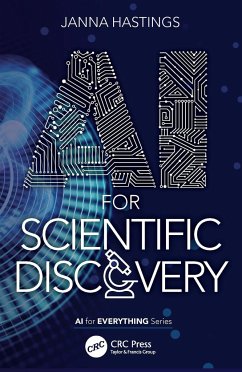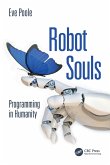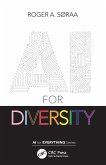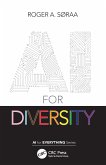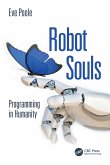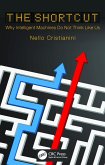AI for Scientific Discovery provides an accessible introduction to the wide-ranging applications of artificial intelligence (AI) technologies in scientific research and discovery across the full breadth of scientific disciplines. AI technologies support discovery science in multiple ways. They support literature management and synthesis, allowing the wealth of what has already been discovered and reported on to be integrated and easily accessed. They play a central role in data analysis and interpretation in the context of what is called 'data science'. AI is also helping to combat the reproducibility crisis in scientific research by underpinning the discovery process with AI-enabled standards and pipelines and supporting the management of large-scale data and knowledge resources so that they can be shared and integrated and serve as a background 'knowledge ecosystem' into which new discoveries can be embedded. However, there are limitations to what AI can achieve and its outputs can be biased and confounded and thus should not be blindly trusted. The latest generation of hybrid and 'human-in-the-loop' AI technologies have as their objective a balance between human inputs and insights and the power of number-crunching and statistical inference at a massive scale that AI technologies are best at.
"An excellent summary of the state of the art of AI for Scientific Discovery. A concise and informative book covering the main areas of the topic. It is clear the material is very well researched and referenced. AI is placed in context and difficulties such as ethical problems and bias are addressed as well as the exciting new science produced. The writing style is excellent, the abstracts for each chapter are useful, and the text is easy to read."
--Jeremy Frey, Professor of Physical Chemistry, University of Southampton, UK.
"This book is brilliant and contains loads of gems that will be invaluable to scientists and people working in AI."
--Robert West, Professor Emeritus of Health Psychology, University College London.
--Jeremy Frey, Professor of Physical Chemistry, University of Southampton, UK.
"This book is brilliant and contains loads of gems that will be invaluable to scientists and people working in AI."
--Robert West, Professor Emeritus of Health Psychology, University College London.

